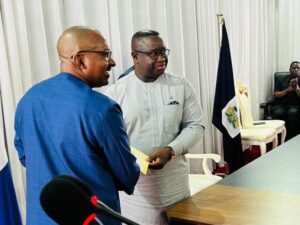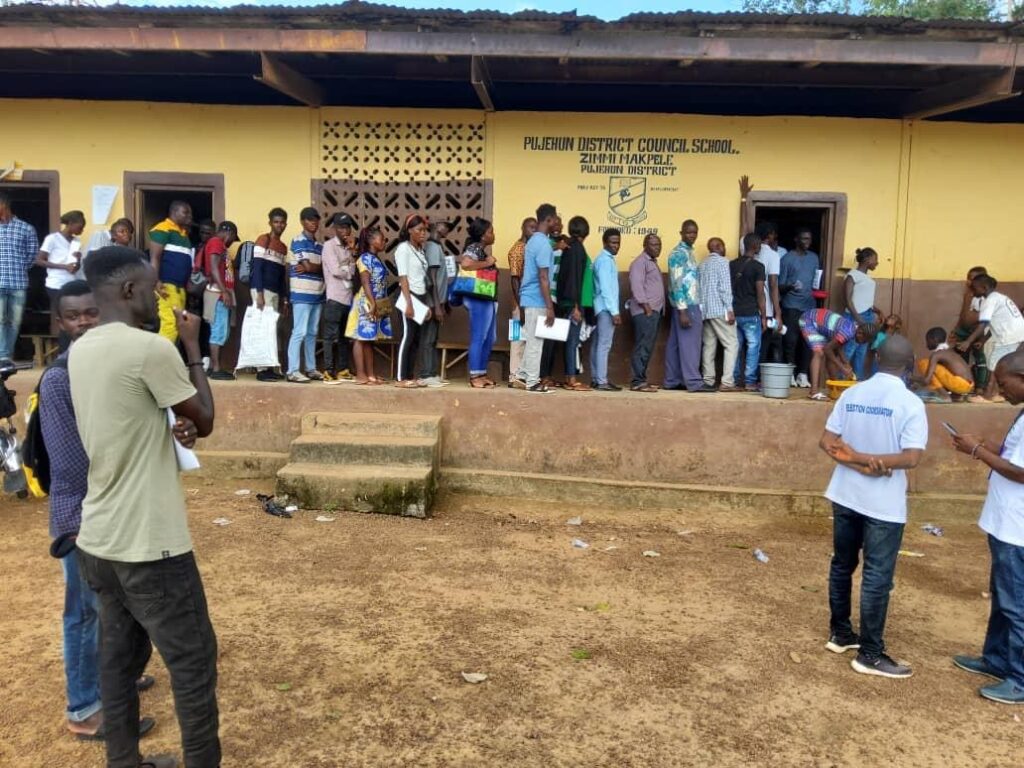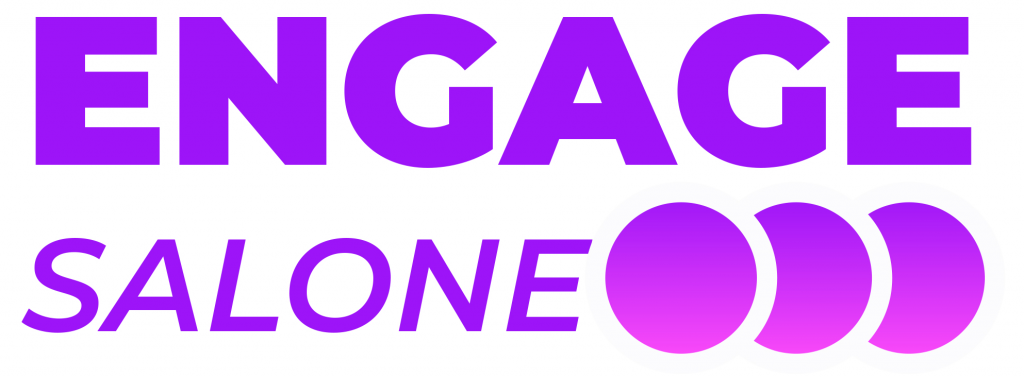Three decades after the return of multiparty democracy, the state of affairs in the country presents a serious test—a test to fail, pass or come out with the best imperfect scenario. How the political actors and the institutions concerned handle it will determine whether the nation skids down the dangerous path of eroding democratic gains (backsliding) or showing some healthy signs of resilience. Remember that great Salone resiliency we talk so much about? Last week’s editorial was about how the Electoral Commission of Sierra Leone (ECSL) drove the nation to this difficult place. This is about the implications for our democracy–what does it really mean for the country’s democracy?
To look at the present situation through the usual SLPP and APC lens is to be mistaken. It is not just a bunch of APC lawmakers or councillors that will be absent from their posts. Neither is it just a group of SLPP members of parliament having a field day in Parliament. It is also not just a case of the Executive arm of Government cruising through Parliament with all sorts of policies and laws. It is much bigger than that, and it can be summarised in two points. Firstly, the voice of almost half of the electorate is missing from government and governance. Secondly, all arguments can be made to downplay the stalemate, but at the end of the day, the fundamental “other” is missing and that can hardly be said to be a healthy democracy. Unless no one really cares but this is a big deal, and it is a situation no one should be proud of.
Part of the problem is the way we appreciate history. We know the dates and periods of events, but we disregard the learning that those events offer. Just yesterday–after the 1967 elections, some politician named Siaka Stevens embarked on a journey that landed the country in one-partydom in 1978. It is fair to mention that this happened after attempts were made to subvert the people’s mandate. It took decades and the ultimate price of citizens’ lives to get us back on the democratic trajectory. How did it start? From Stevens’ desperate efforts to cement his position, getting rid of whatever checks and balances there were–political parties, undermining state institutions by taking away their ability to function independently, introducing a reign of terror and abandoning parliamentary democracy. All of this and the events before were well documented by the Truth and Reconciliation Commission (TRC).
The point of this bit of history is to illustrate that the undoing of democracy always begins with small but important events that are neglected and/or inadequately addressed. This is not to say that we are at that same point as in 1967, but we have in our hands a political situation that risks undermining a democracy that costs several thousands of innocent lives. Whether it is resolved in the best interest of the people or the parties concerned- including the ECSL- locking horns in a game of arrogance, bravado and brinkmanship, as we have seen so far, will have a long-lasting impact on the country’s burgeoning democracy.

What do we really need at this point? It will not be a straightforward affair, especially in a situation where the President has long been sworn in and is, in fact, assembling his team to carry on. The solution lies in the parties’ willingness to address the outstanding issues honestly. So far, there seems to be little or no appetite from the Government or the Electoral Commission. In fact, the Chief Electoral Commissioner issued the President a winner’s certificate, cementing his victory, at least in the eyes of the party faithful. At the same time, the opposition continues to question the polls on similar grounds with some international observer groups. The major demand here seems to be to release disaggregated data, which one would imagine should be easy. Or maybe not! You have got to doubt whether there would be any dramatic changes to the overall outcome, but if the ECSL and the Government decide to open their work up to scrutiny, everyone benefits from knowing exactly what went wrong (if anything at all) and possibly making it right. That would be a good start and a worthy show of resilience, instead of the type bandied around only when the poor survive the everyday harsh realities.
In all of this, there is one other point that is worth noting. It is a big constitutional one that deserves a separate conversation. The swearing-in of Heads of State–is usually conducted under some “fast and furious” circumstances, leaving no room to deal with grievances. It always follows the same pattern. That is why many Sierra Leoneans would say the moment results are announced, just forget it. At that point, everything falls into place for the winner, and there is never a way back. Who dares! This is a shortcoming of the Constitution or our electoral law which undermines legal routes to redress. Incumbents have no interest in investing in a fair and impartial electoral justice stream because, quite frankly, they do not need it. It takes the elections boss and a Chief Justice to make a Head of State. Everything else becomes irrelevant after announcing the results and the swearing-in ceremony. This is a topic for another day.
Whatever you are up to this weekend, stay dry!
About The Author
- Engage Salonehttps://staging.engagesalone.org/author/eng21_admin/
- Engage Salonehttps://staging.engagesalone.org/author/eng21_admin/
- Engage Salonehttps://staging.engagesalone.org/author/eng21_admin/
- Engage Salonehttps://staging.engagesalone.org/author/eng21_admin/


